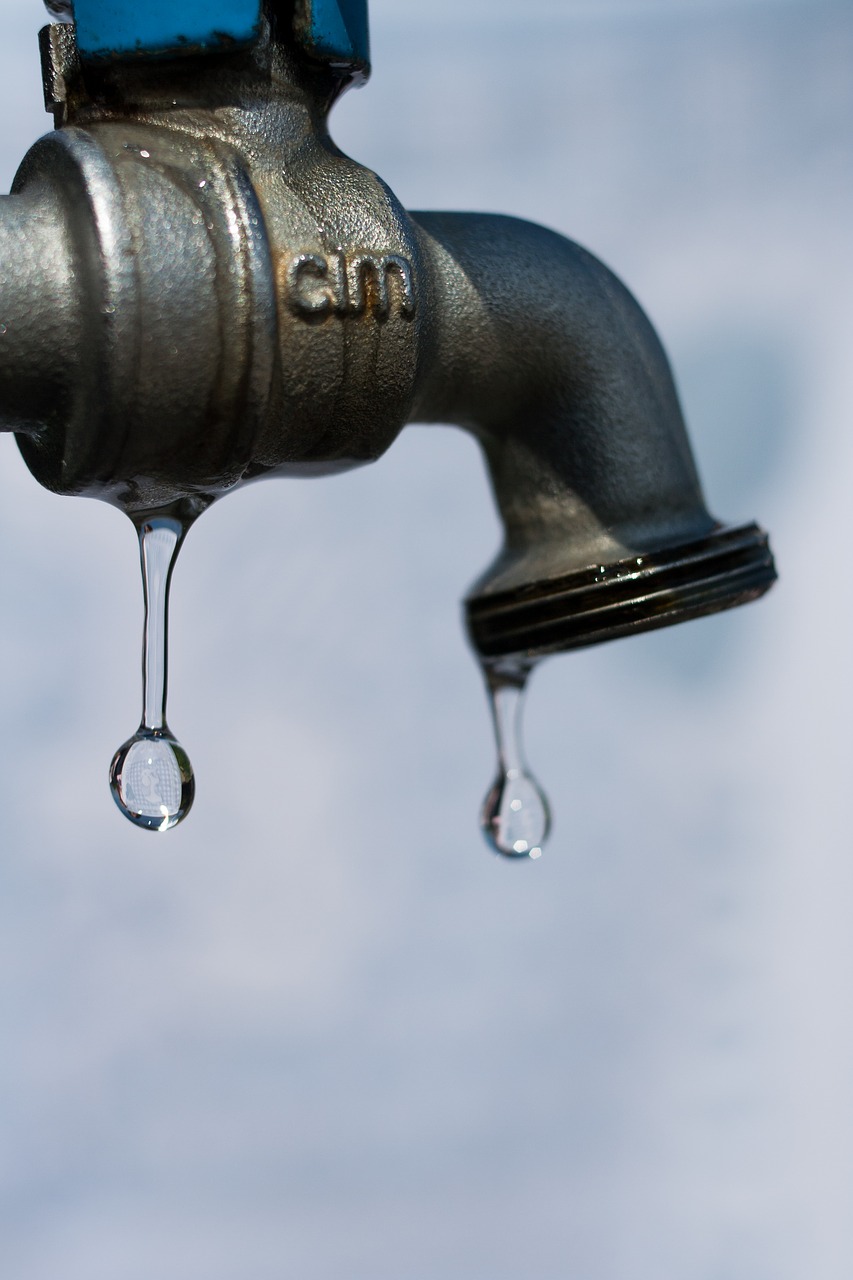PRESS RELEASE | Stop Further Environmental Degradation -- Global Warming must be Addressed to Sustainably Solve Water Insecurity and Protect Public Health
March 14, 2019
FOR IMMEDIATE RELEASE
REFERENCE: Pats Oliva, Communications Campaigner
Stop Further Environmental Degradation -- Global Warming must be Addressed to Sustainably Solve Water Insecurity and Protect Public Health
A few days leading towards World Water Day, more than 260,000 residents of Metro Manila now reel from “water shortage”.
Last week, the Manila Water Company, Inc. as the sole provider of water and wastewater services to more than six million people in the East Zone of Metro Manila and a subsidiary of the country's oldest conglomerate Ayala Corporation in partnership with British and Japanese investors, issued notices of “low pressure to no water” in several areas of Quezon City that has now expanded to Makati, Manila, Pateros, Paranaque, Mandaluyong and even Rizal Province.
The United Nations declared March 22 as the World Water Day to reiterate Sustainable Development Goal No.6, or “ensure availability and sustainable management of water and sanitation for all”, since water security is a basic human right.

“While access to safe and clean water is a fundamental right, around 4 billion people globally confront severe water shortage at least once a month every year, according to the United Nations. What this means right now is that this shortage, whether or not it is artificial or real, denies Metro Manila residents of their basic rights," said Ramon San Pascual, Director of Health Care Without Harm (HCWH) Asia.
It is worth noting that Presidential Spokesman Salvador Panelo on Thursday, March 14, raised the possibility that the water shortage and supply interruptions in parts of Metro Manila may be "artificial".
“What makes this worse is knowing that water shortages necessarily have significant impacts on the public’s health,” San Pascual added.
True enough, a few days into the water crisis, Philippine Health Secretary Francisco Duque, visited Manila Water officials to seek assurance that hospitals will be immune from water interruption as water is a basic necessity in hospitals for infection control and disease prevention.
In the midst of the problem, a statement was released by the Metropolitan Waterworks and Sewerage System (MWSS) pushing to fast-track the construction of China-funded Kaliwa Dam in Infanta, Quezon to allegedly solve the problem.
Health Care Without Harm expresses solidarity with environmental groups and local communities in opposing this infrastructure project under the Build, Build, Build Program due, among others, to its adverse impacts on the environment, health, and rights of communities and indigenous peoples.
Moreover, Health Care Without Harm calls on the MWSS and other concerned agencies to stop using the “water crisis” to justify the construction of the Kaliwa Dam.
San Pascual added that, “Instead, stakeholders together with government must exercise due diligence and foresight in preparing for slow-onset crises like droughts which is one of the devastating effects of a changed climate. The time to prepare for water shortages must happen in times of plenty, and never when sources have dried up.”###
-----------
Health Care Without Harm (HCWH) Asia is part of a global nonprofit organization of hospitals, health systems and environmental justice advocates, working towards sustainable healthcare operations and a healthier environment
